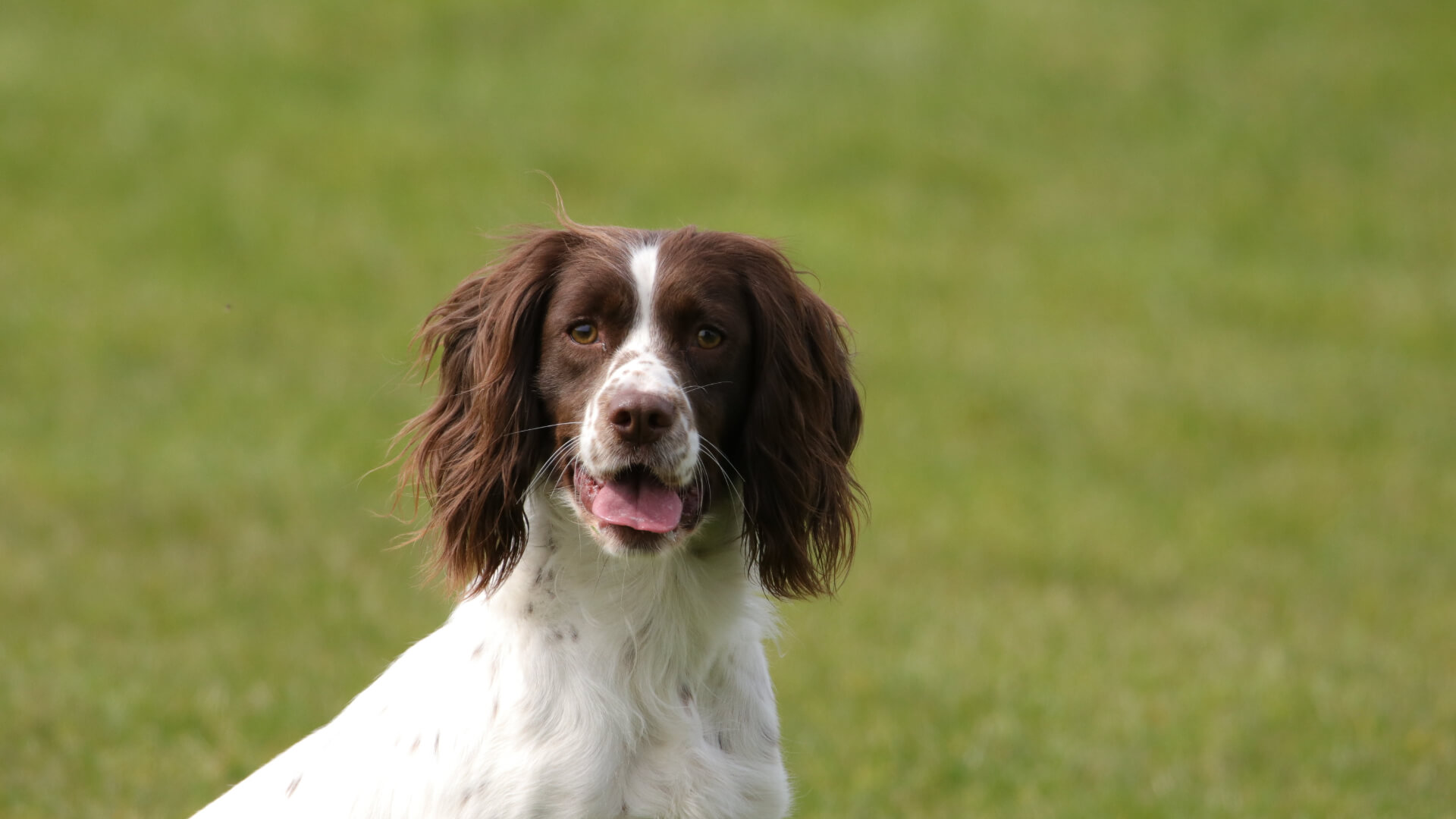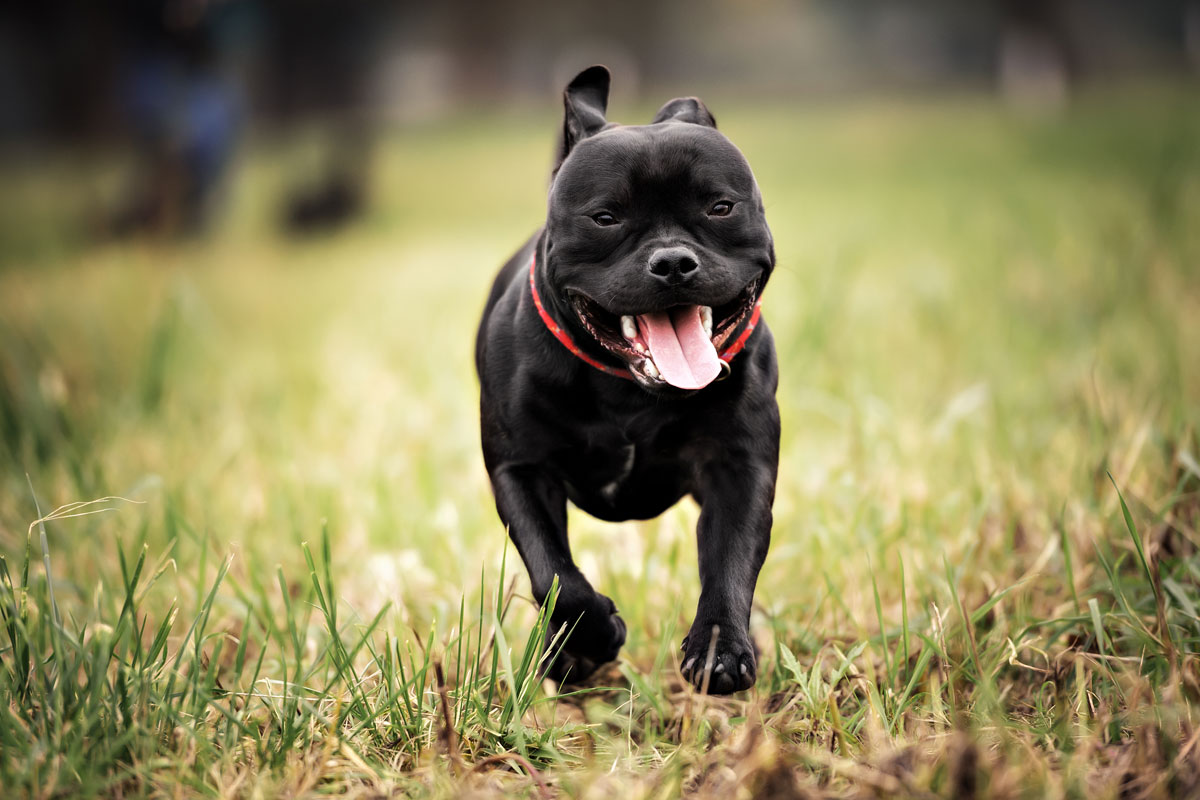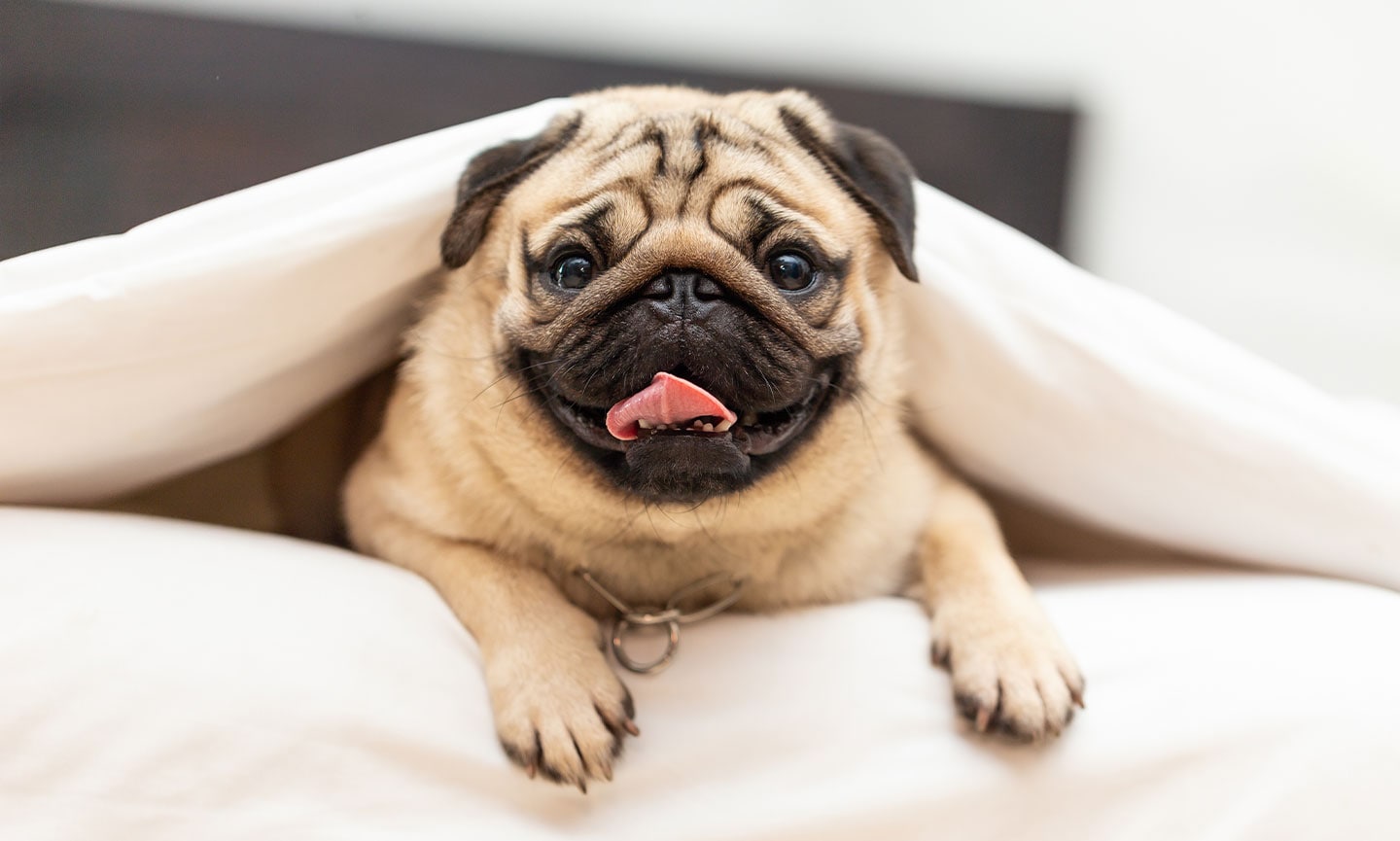A cat’s swollen lip is a common ailment for cats. Cats are susceptible to abscesses and infections that can result in this symptom. A cat’s mouth area is not as sensitive as a human’s, so the swelling may be more noticeable around the sides of the mouth or on top of their nose.
Swollen lips may also happen due to trauma from an injury or being hit by something hard such as a ball. That is something to check first.
Also remember to think about having a good pet insurance in place. Emerald is an award-winning insurer and you can find out. more about our great polices at www.emeraldlife.co.uk/pet-insurance.
Table of Contents
Sign up for our FREE newsletter on pet dangers, pet health, and pet cover!!


your digital vet
At EmeraldPet* we believe you should have effortless access to expert vet care. That’s why we offer free digital consultations through FirstVet with qualified vets in your local area.
Free 24/7 Consultations
*EmeraldPet is a trading name of Sterling Client Services Limited, regulated by the Financial Conduct Authority number 628324.
Is it an allergy?
It may also be an allergic reason to something. A food allergy is not uncomment and may be causing your cat’s allergic reaction.
The most important thing when dealing with swollen lips is determining what caused them in order to address it appropriately. If your cat has swollen lips, call your veterinarian right away!
Here’s why your cat’s lip is swollen
Cat behavior can be somewhat of a mystery for even the most dedicated cat lovers. Sometimes those behaviors lead to physical manifestations that puzzle us. Have a cat with swelling on the upper or lower lip? To help your vet, check first if it is a swollen lower lip or upper lip swollen. That will help your vet work out what to do, such as giving anti inflammatory drugs, and the exact cause.
Don’t ignore it, but it’s a common occurrence, and it’s not a mystery. Have your vet check out your cat’s health, and in the meantime, check out some of the symptoms you may need to deal with here while waiting for medical attention.
What are the most common causes of a swollen lip?
Allergies
Although it is not the most common cause of swelling, there is a chance that your cat’s lip could be experiencing pain and inflammation due to allergies. In some instances, animals can experience allergies just like humans can, causing a painful allergic reaction and your cat’s swollen lip.
Food and environmental allergies are typically the culprits when a cat develops swelling of its lip. A veterinarian can help you figure out what could be causing your pet’s reaction to reduce discomfort and keep it safe. Other issues are food and water hygiene – are you using plastic food bowls that may be scratched and harbour bacteria. Or it may just be a plastic allergy to a plastic bowl.
Dental issues
If your cat seems to be avoiding eating or having trouble eating, a fat lip could mean there is an issue with its teeth. A dental abscess, broken teeth, an infected pocket in the gums or tooth rot usually accounts for it and can lead to swelling that pushes the lip out resulting in temporary deformation of your cat’s lips, whether top lip or lower lip.
Your veterinarian may prescribe medication – a course of antibiotics – to deal with the infection, or there may be a small surgery involved to remove the infected tissue or tooth and relieve the symptoms.
Feline acne
Feline acne or chin acne acne is another term for infected hair follicles of your cat’s chin. Much depends on where the infection is – is if is close to the mouth, then you might think at first pass that this is a swelling in the lips. lower lip or upper lip.
There are many causes for chin acne on cats, from allergies to ingrown hairs. Your veterinarian can treat chin acne and identify what the cause is – which may be more common in young cats than others. It is unlikely to cover the entire head and will improve with a topical treatment on your cat’s skin.
Eosinophilic granuloma complex
Although the cause behind eosinophilic granuloma complex is unclear, cats with swollen lips may show granulomas or small areas of inflammation. In some cases, it’s possible to recognize a lump in the skin around your cat’s mouth.
Eosinophilic granuloma complex generally requires a short treatment of anti-inflammatory drugs to reduce swelling and help soothe the skin. Your vet can assess the area and see if there are any other topical manifestations of the condition which is not an allergic reaction.
Cancer and tumors
Though not extremely likely, there is a slight chance your cat has developed a tumor on its upper or lower lip that is causing the swelling. A veterinarian can determine if it’s a benign growth or cancerous tumour by an examination of the top lip and bottom lip.
Various treatments are available, including surgeries. Your vet can estimate the level of life quality going forward. This problem is most common in elderly felines, although there is no difference if it is a male cat or a female cat.
Other causes
Sometimes the cause of your cat’s swollen lips is straightforward and requires no further treatments. If it’s mosquito season, your cat may simply have a bite, and the cat’s swollen parts will go down in a few days.
Your cat may have also sustained a minor injury or scratch that’s causing swelling to, say, it’s bottom lip. Always worth a check
You can help by watching
Watch the swelling for a few hours to a day to see if there are changes. If your cat will allow you, inspect the swelling site to see if you can see a bump, bruise, bite, or even an attached insect like a tick. Clean the area thoroughly if you can to help avoid further infections.
If it goes down on its own, check in a few weeks anyway for the sake of well being of your cat and to check if your cat is showing any other signs or might in fact need treatment. But remember for the sake of your cat that no condition should be left untreated.
Conclusion
Cats are social
Cats are known for their ability to lick themselves clean. This behavior, combined with the fact that cats groom each other and fight among themselves by biting one another’s faces, means it is not surprising that a cat may occasionally have swollen lips.
Keep a close eye
The most common causes of swelling in these areas include bacterial infections or allergic reactions to food items such as fish or chicken bones. For this reason, cat owners should watch closely for signs of an infection like pus discharge from the mouth area or feverishness accompanied by lethargy and weight loss.
Is it just an allergy?
In cases where allergies are suspected, vets might prescribe antihistamines or a steroid injection to help relieve symptoms; otherwise your veterinarian will recommend surgery if you can’t identify any underlying cause after conducting tests on the animal blood samples.
Or something more serious?
If your cat has swollen lips, it’s important to recognize that this could be a sign of an underlying health problem. The good news is there are some easy ways to care for them at home or take them to see the vet if needed.
Perhaps the answer is here?
There are just a few common causes and helpful tips on how you can help your little furry friend feel better as soon as possible. We hope that reading this blog for more information about what may be going on with their mouth has helped!
We hope these simple solutions will offer relief from any discomfort they’re experiencing in their mouth right now so they can get back to being themselves again quickly. It’s time we all start caring for our feline friends because sometimes those adorable faces don’t tell us everything to help them live their best life.




